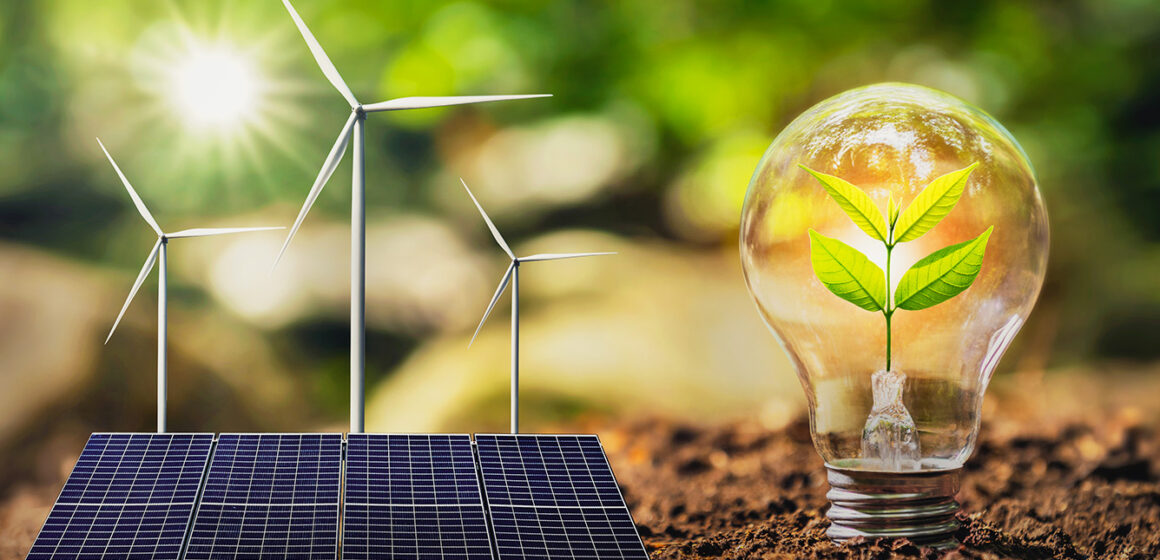Introduction
The global energy landscape is rapidly shifting towards sustainability as nations and industries seek alternatives to fossil fuels. With climate change concerns, technological advancements, and policy changes, the transition to sustainable energy sources is more critical than ever. In this blog, we will explore the latest innovations in sustainable energy, the challenges that remain, and what the future holds for this essential sector.
The Importance of Sustainable Energy
Sustainable energy is vital for reducing carbon emissions, mitigating climate change, and ensuring energy security for future generations. Unlike finite fossil fuels, renewable energy sources such as solar, wind, and hydropower offer clean, long-term solutions for global energy needs.
Environmental Benefits
Switching to renewable energy significantly reduces greenhouse gas emissions, helping to combat global warming and air pollution. Sustainable energy sources also reduce reliance on nonrenewable resources, preserving ecosystems and biodiversity.
Economic Advantages
Investing in sustainable energy creates jobs, stimulates economic growth, and reduces dependence on imported fuels. The renewable energy sector has become a major driver of employment, with millions of jobs generated worldwide in solar, wind, and battery storage industries.
Key Innovations in Sustainable Energy
Technological breakthroughs continue to enhance the efficiency and affordability of renewable energy sources, making them more viable for widespread adoption.
Solar Power Advancements
- Perovskite Solar Cells: These next-generation solar cells are more efficient and cost-effective than traditional silicon-based panels.
- Solar Panel Integration: Buildings and vehicles are increasingly incorporating solar panels, expanding access to clean energy.
Wind Energy Developments
- Floating Wind Turbines: Offshore wind farms are expanding into deeper waters with floating turbines, increasing their potential energy output.
- Smart Wind Farms: AI-driven predictive maintenance and advanced sensors optimize wind farm performance, reducing downtime and increasing efficiency.
Battery and Energy Storage Solutions
- Solid-State Batteries: These batteries offer higher energy density and safety compared to traditional lithium-ion batteries.
- Grid-Scale Storage: Advanced battery storage solutions are helping stabilize energy grids by storing surplus renewable energy for later use.
Challenges Facing Sustainable Energy Adoption
Despite its many benefits, sustainable energy adoption still faces several obstacles that must be addressed for a successful transition.
Intermittency Issues
Solar and wind energy are dependent on weather conditions, making energy storage and grid stability crucial challenges. Developing more efficient energy storage systems and diversified renewable energy sources can help mitigate intermittency concerns.
Infrastructure Limitations
Aging power grids and inadequate transmission networks limit the expansion of renewable energy projects. Upgrading infrastructure and investing in smart grid technology are essential to support the integration of renewables into existing energy systems.
Policy and Regulatory Barriers
Government policies and incentives play a key role in driving sustainable energy adoption. Inconsistent regulations, subsidies for fossil fuels, and bureaucratic hurdles can slow progress. Strong policy frameworks and global cooperation are needed to accelerate the transition.
The Future of Sustainable Energy
With continuous advancements in technology, growing investments, and increasing public awareness, the future of sustainable energy is promising.
Emerging Technologies
- Green Hydrogen: Produced using renewable energy, green hydrogen has the potential to revolutionize energy storage and transportation.
- Nuclear Fusion: While still in development, nuclear fusion promises an abundant and nearly limitless clean energy source.
Global Collaboration
International partnerships and agreements, such as the Paris Agreement, are crucial in promoting sustainable energy adoption and reducing carbon emissions worldwide.
Conclusion
The shift towards sustainable energy is essential for a cleaner and more resilient future. While challenges remain, continued innovation, policy support, and global cooperation will drive the transition towards a more sustainable and energy-efficient world. Investing in renewable energy is not just an environmental necessity but an economic and societal opportunity that will shape the future of our planet.


Leave a Reply